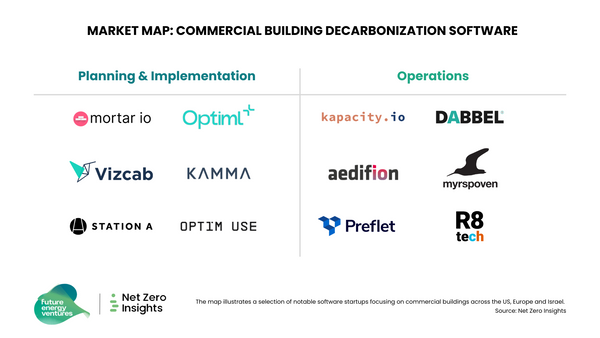Sustainability: A Cost-Saving Strategy for Businesses

In today’s business world, sustainability is no longer optional. Customers and investors increasingly evaluate companies based on environmental and social impacts, and governments are setting ambitious carbon-reduction targets. However, sustainability doesn’t have to be a cost centre. In fact, implementing sustainable practices can help businesses reduce costs and save money in the long run.
One of the key ways that sustainability can help businesses save money is by improving their energy efficiency. As energy costs continue to rise, companies have an added incentive to find ways to reduce their energy consumption. By doing so, they can lower their energy bills while also reducing their carbon footprint.
During the transition to renewable energy sources such as solar and wind power, increasing energy efficiency is important for governments, businesses, and individuals. By using energy more efficiently, they can save money while helping reach net-zero targets.
Businesses can follow several best practices to save money on energy costs through sustainability. These include reducing and improving energy efficiency, self-producing and storing clean energy, adopting circular economy models, and paying closer attention to energy sources.
Conducting an energy audit is a great first step for businesses looking to save money on their energy bills. An audit can help identify areas where companies can cut waste and save money. For example, upgrading or replacing old equipment with more efficient models can deliver long-term savings. Installing a smart meter can also help businesses track their energy consumption and identify peak cost hours.
In conclusion, sustainability is not just a “nice to have” for businesses - it’s a cost-saving strategy that can deliver bottom-line economic benefits. By implementing sustainable practices, companies can improve their energy efficiency, reduce their environmental impact, and save money in the long run.





